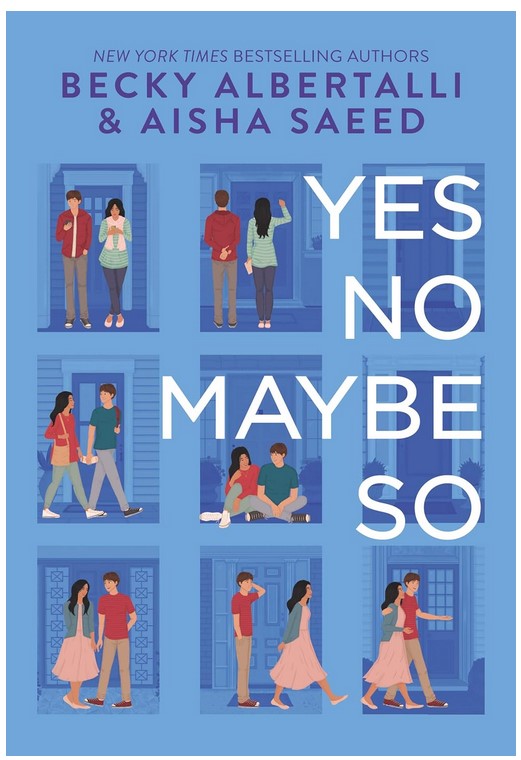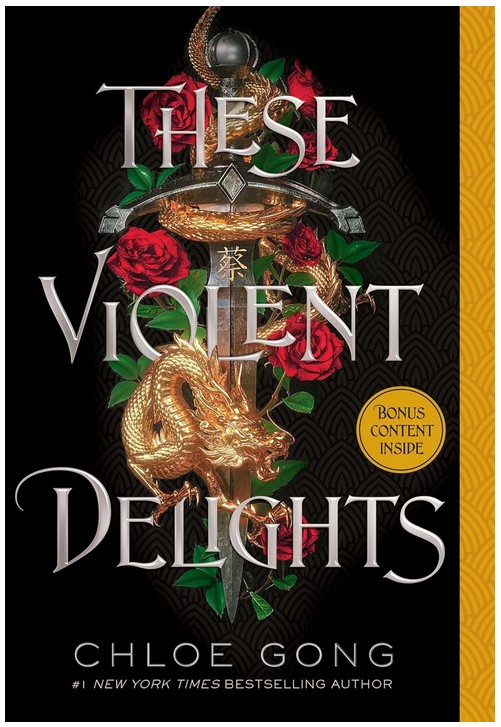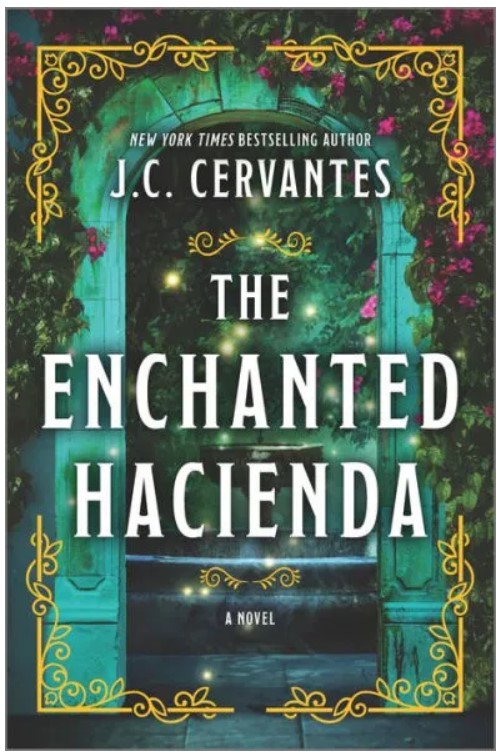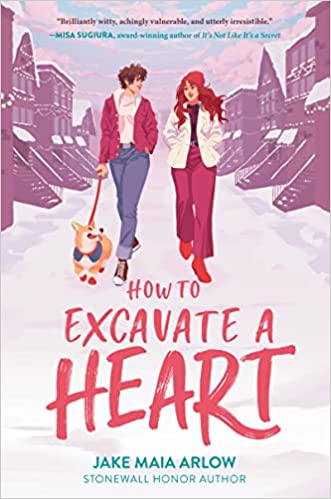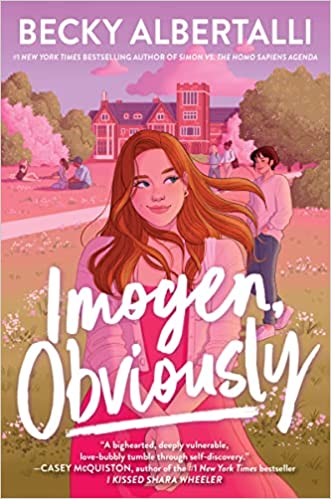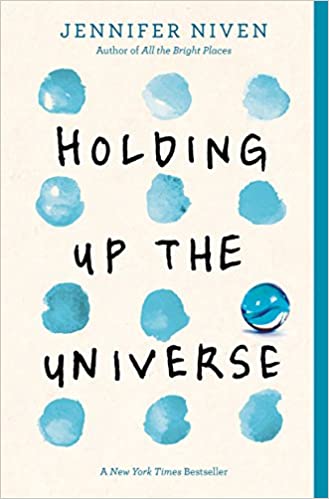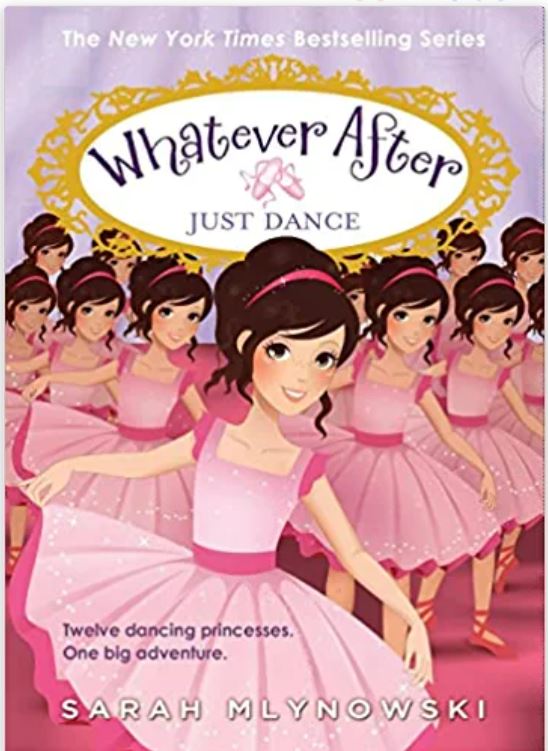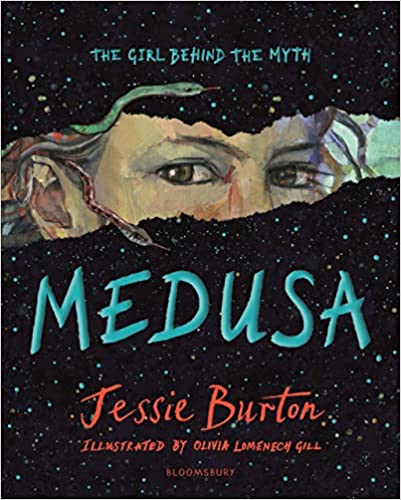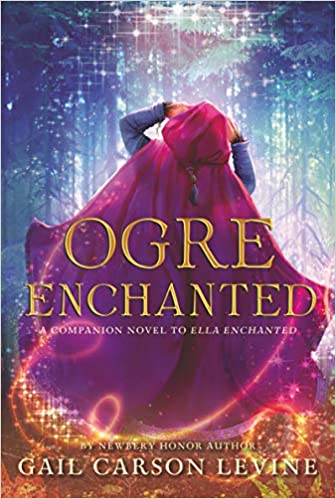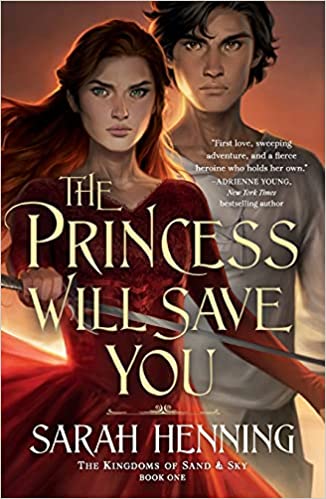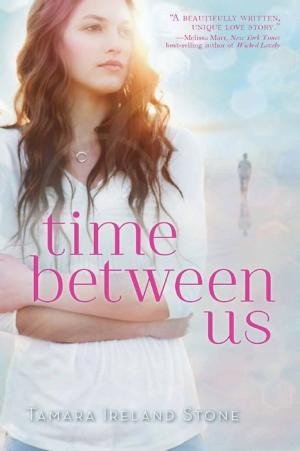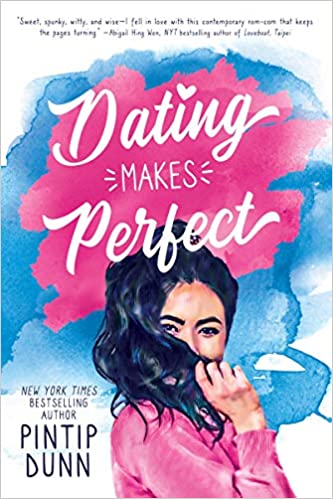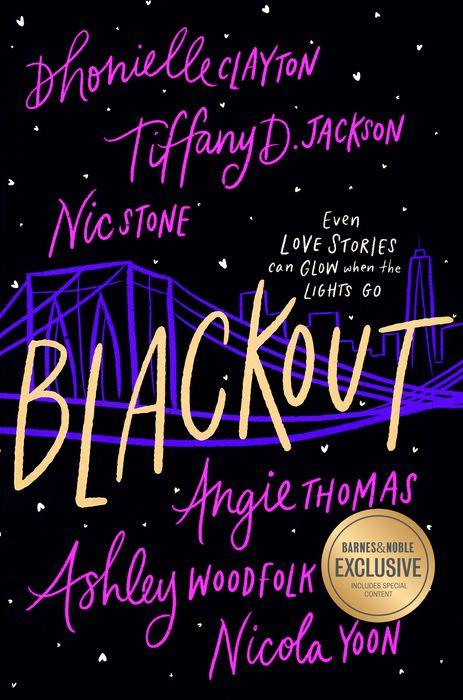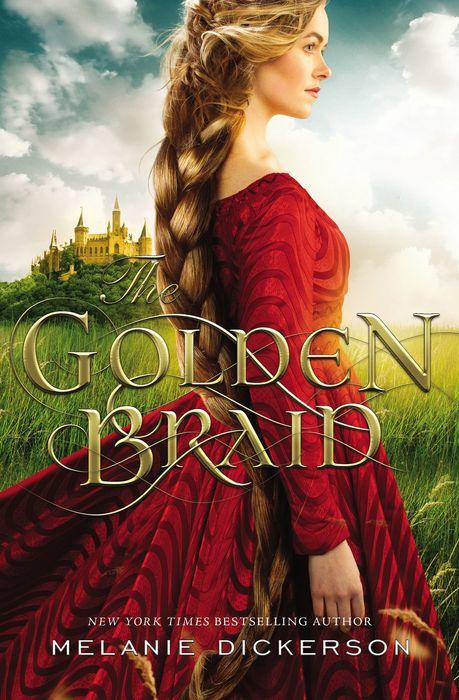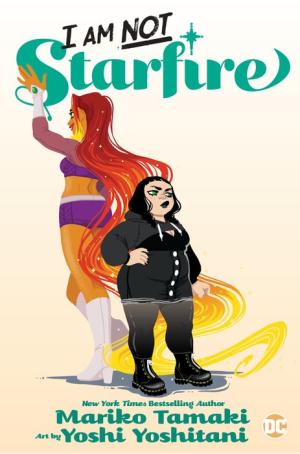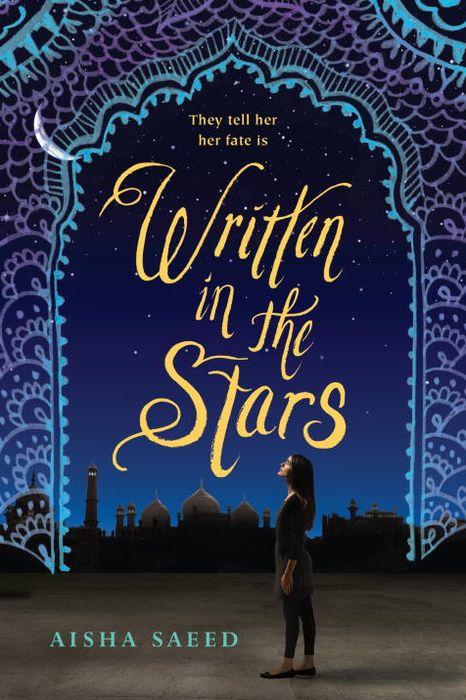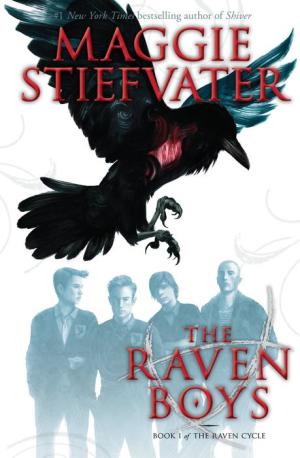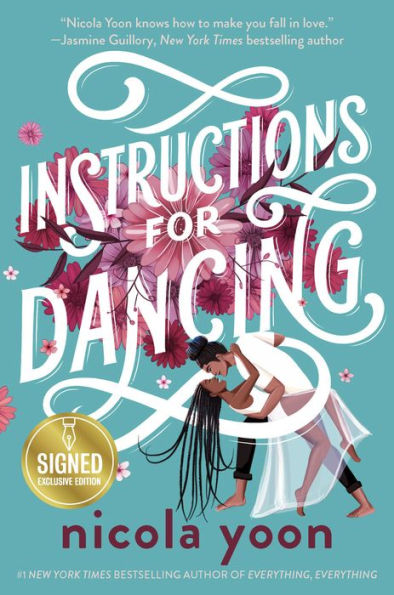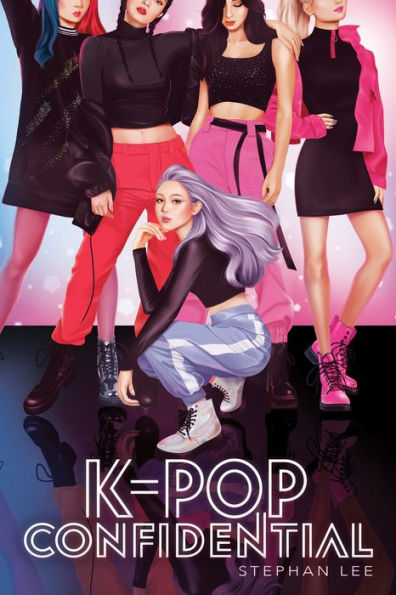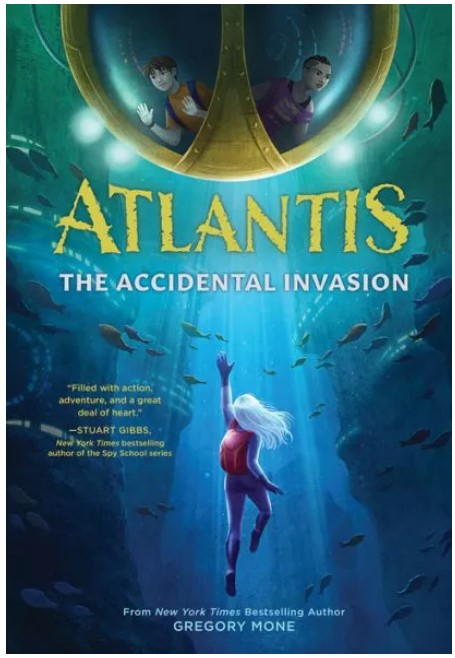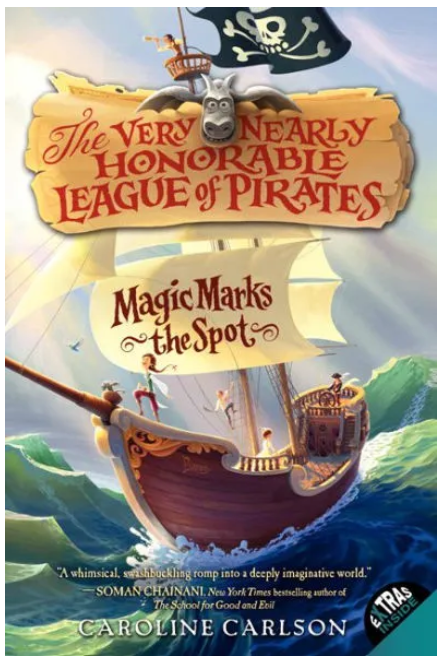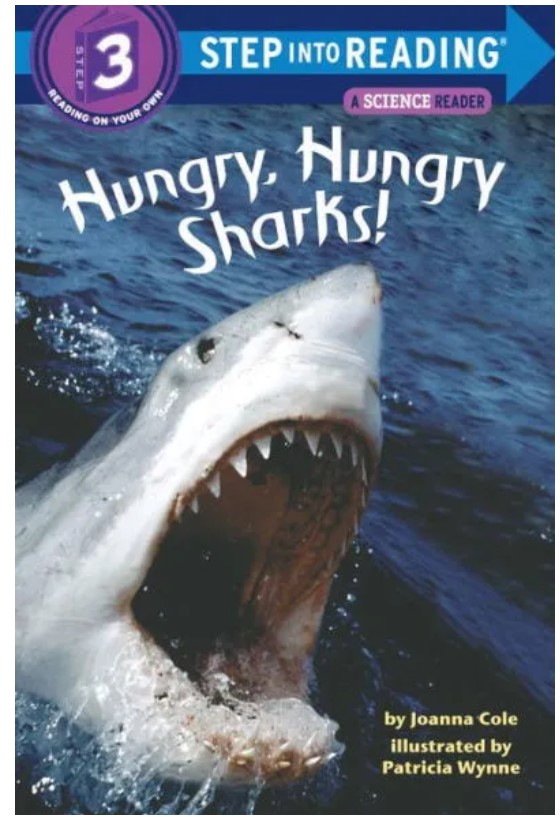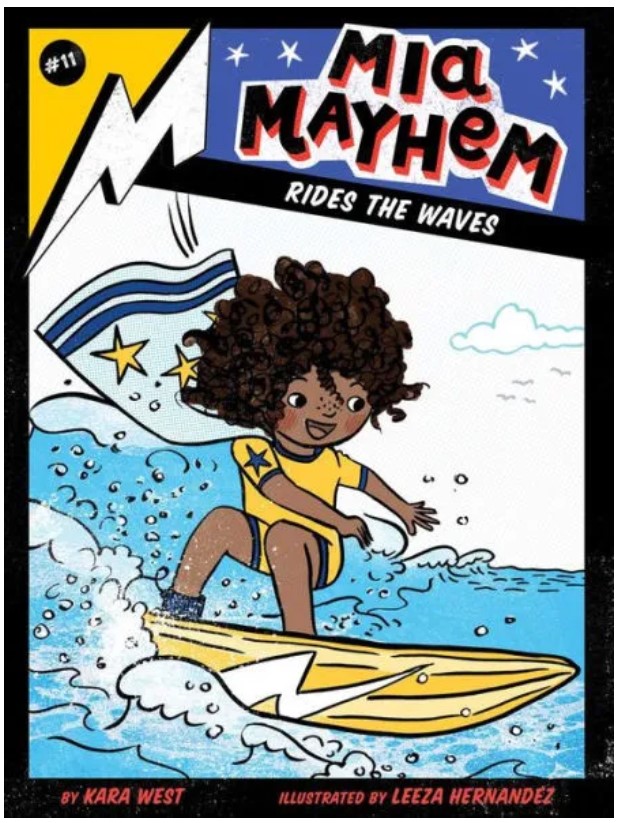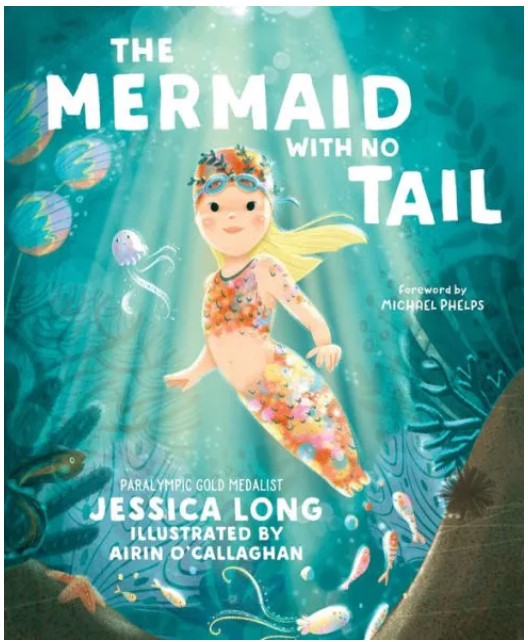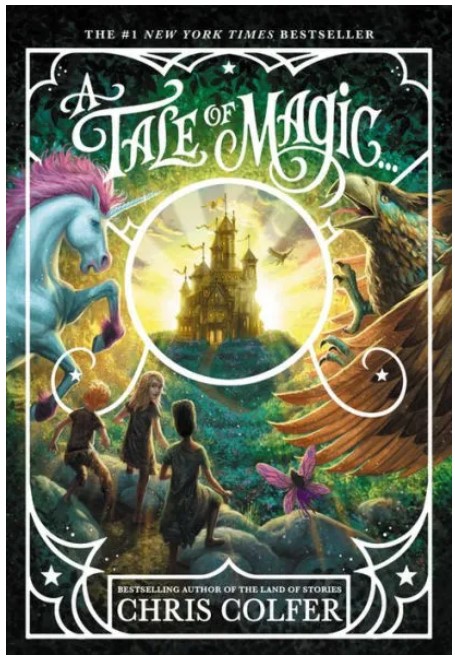The year is 1927. The chaos of the previous year has done nothing to quell the blood feud between the Scarlet Gang and the White Flowers, and the streets of Shanghai are still rife with death and violence. But this is not only the work of the blood feud—foreign powers have increasingly become intertwined with the rival gangs, leading to talk of a brewing civil war. The possibility of peace feels further away than ever.
The madness no longer sweeps through the streets like a contagion, infecting everyone it comes across, but that does not mean the madness has left the city for good. Monsters disguised as ordinary people still prowl through the streets, launching targeted attacks in crowded areas that cause everyone in the vicinity to rip their own throats out. It may no longer spread, but it is no less deadly.
Betrayal, heartbreak, and death make all hope of reconciliation between Roma and Juliette seem impossibly far away. They miss each other terribly, but at the same time cannot forgive each other’s terrible actions. But when their fathers, in a rare show of cooperation between the Scarlets and the White Flowers, order Roma and Juliette to work together to find a cure for the new madness, they are once again thrown together and forced to cooperate. Their reconciliation is a relief to both of them as they realize how powerful they are together. But are they enough to save their city? The universe is never kind to star-crossed lovers, and they may just have to choose between saving Shanghai or themselves.
Our Violent Ends is a dazzling conclusion to Roma and Juliette’s story. The prose is vivid, rich, and imaginative, and it fully immerses readers in Roma and Juliette’s world. While Our Violent Ends is on the longer side, there is never a dull moment – scenes packed with action transition smoothly into heartfelt confessions that will leave readers on the edge of their seats. Several subplots create many moving parts that all work together to culminate in a grand finale.
The rich cast of characters is another factor that makes this novel a thrilling read. The narration switches between many points of view, allowing readers to inhabit many of the characters’ heads and get to know them and their motivations. The relationship between Roma and Juliette is an extremely complicated one, and these nuances are fully explored; neither character is perfect, and their circumstances often force them to hurt each other, but they ultimately work through their flaws to find a middle ground.
Our Violent Ends is a great modern retelling of Shakespeare’s classic Romeo and Juliet. Like the play, this novel emphasizes the immense harm that hatred causes and reminds readers that unfounded hate leads to dreadful violence. Teens who enjoy intricate plots and cutthroat characters will love this book and think about Roma and Juliette’s story long after they close the final page. It is a satisfying conclusion to the duology begun by These Violent Delights. Fans of Romeo and Juliet may also want to read Crossing the Line by Simone Elkeles and Prince of Shadows by Rachel Caine.
Sexual Content
- Roma and Juliette kiss in a safe house. “Roma pressed his lips to hers with such ferocity that Juliette gasped, the sound immediately muffled when she pushed herself up and drew closer. Despite his burning energy, Juliette felt Roma’s mouth move with sincerity, felt his adoration while he trailed kisses all down her neck. ‘Juliette,’ he whispered. Both of their coats came off. Roma had the zip of her dress pulled in seconds too, and Juliette lifted her arms to accommodate. ‘My darling, darling Juliette.’ The dress fell to the floor. With some disbelief, Roma suddenly blinked, his eyes clearing for the briefest moment while she worked at his shirt buttons.” It is implied that they have sex, but not explicitly.
Violence
- Juliette shoots a White Flower, wounding but not killing him. “Her pistol kicked. Juliette pressed back into her seat, her jaw hard as the man below dropped his weapon, his shoulder wounded.”
- During an altercation between the Scarlets and the White Flowers, Roma shoots, aiming for Juliette. “Roma reached into his jacket pocket and drew his gun, and Juliette had no choice but to jolt herself out of her daze. Instead of combating the would-be assassin, he had decided to shoot at her. Three bullets whizzed by her ear. Gasping, Juliette struck the floor, her knees grazing the carpet hard as she threw herself down.” The shot misses Juliette.
- Roma attacks Juliette. “He slammed her into the pipes. The effort was so forceful that Juliette tasted blood inside her lip, sliced by her own sharp teeth. She stifled a gasp and then another when Roma’s hand tightened around her throat, his eyes murderous.” Juliette defends herself: “Just as Roma shifted forward, perhaps intent on his kill, her hand closed around the sheath beneath her dress and pulled her blade free, slicing down on whatever she came in contact with first. Roma hissed, releasing his hold. It was only a surface cut, but he cradled his arm to his chest, and Juliette followed close, leveling the blade to his throat.” The fight stops when they call a truce and agree to talk.
- A monster attacks unnamed patrons at a bar. “The cabaret becomes enswathed in black, an ever-moving blanket of infection, and in seconds, the first succumbs, hands flying to throats and clutching, clutching, clutching, trying to squeeze the insects out. Nails break into skin, skin splits for muscle, muscle parts for bone. As soon as blood spurts from one victim, inner flesh exposed and veins pumping red, the next is already tearing before they have a moment to feel the visceral disgust that comes with being soaked in hot, sticky gore.” All of the patrons die.
- Benedikt, Roma’s cousin, is attacked by Scarlets. “He didn’t even have the chance to pull a weapon. A blow came to the side of his face out of nowhere, then Benedikt was reeling, crushed to the ground amid shouting and cursing and someone calling for the death of his whole family. His arms were bent back and his head was pushed hard into the cement, before something ice cold, something that felt like the butt of a gun, jammed up against his temple.” He escapes uninjured when the Scarlets are all shot by a third-party sniper.
- Tyler, Juliette’s cousin, shoots and kills two White Flowers. “Tyler pulled the trigger twice in rapid succession, two White Flower heads cracking with an explosion of red, crashing to the ground. Chenghuangmiao [the market] erupted with a wave of screaming, but most shoppers reacted quickly and hurried out of the way, in no mood to be caught in a gangster dispute. They didn’t have to worry. This was no dispute; there were no other White Flowers nearby to retaliate.”
- Marshall, Roma’s best friend, kills a Scarlet who recognizes him. “The bullet landed true. With a harsh clatter, the Scarlet’s weapon fell to the floor. It might have been a gun. It might have been a dagger. It might have even been a throwing star, for all the consequence it held. But in the hazy dark, all Marshall cared about was it being out of reach, and then the Scarlet collapsed too, a hand clasped over the hole studded into his breastbone.”
- Tyler sets fire to a building full of White Flowers as a targeted attack because of the blood feud. “Juliette could see him, holding a plank of wood swirling with flames. Behind him, the building’s roaring inferno drowned out the screams, drowned out the whole occupancy burning to death. Juliette heard nothing save that they were pleading–women in nightgowns and elderly banging on the closed windows, muffled Russian crying to stop! Please stop!”
- Juliette kills a White Flower who is attacking Tyler. “Without slowing her run, Juliette jumped over the threshold of the temple entrance and pulled the knife sheathed at her thigh. When she threw, the blade pierced into the White Flower’s neck smoothly, striking its target with nary a sound before the White Flower pitched sideways and fell.”
- During a fight, Roma throws a knife at Juliette, wounding her shoulder. “The pain did not come at first. It never did: a blade entering always felt cold and then foreign. Only seconds later, as if her nerve endings had finally registered what happened, did intense, sharp agony reverberate outward from the wound. . . Juliette managed, turning to look at the blade half-embedded in her shoulder, then at Roma. His jaw was slack, face drained of color. The wound, meanwhile, immediately started to bleed, a steady stream of red running its way down her dress.” Roma and his younger sister, Alisa, help stop the bleeding. Juliette is left with a scar.
- An unnamed foreman in a factory is killed by revolutionaries. “One slash, that’s all it takes. A knife over [the foreman’s] throat and he’s twitching on the floor, hands clasped around the wound in a futile attempt at holding the blood in. The red seeps regardless. It does not stop until he is naught but a body lying in a scarlet pool. It soaks the shoes of his workers, his killers. It is carried from street to street, the faintest red print pressed upon crumbling pavement and into the roads of the Concessions, marring stains upon the clean white sidewalks. This is what revolution is, after all. The trailing of blood from door to door, loud and violent until the rich cannot look away.”
- Lord Cai has Rosalind, Juliette’s cousin, whipped after finding out that she was spying for the White Flowers. “The lash came down again on her back, and Rosalind cried out, her whole body shuddering. They didn’t allow her to crumple to the floor: there were four Scarlets around her, two to hold her upright, one with the whip, and one standing just to the side.” Juliette defends her by “striking her fist across the guard’s face.”
- In a duel between Roma and Tyler, Juliette shoots Tyler, killing him. “Both her hands came around her smoking pistol. There was no room for regret now. She had done it. She had done it, and she could not stop there. She turned, and with a sob choked on her tongue, she shot each and every one of Tyler’s men before they had even comprehended what was happening, bullets studding their temples, their necks, their chests.”
- A Scarlet shoots a man named Da Nao because he is helping Roma and Juliette escape the city. “The Scarlet fired, and Da Nao fell with a spray of red, the bullet in his head killing him instantly.”
- Dimitri, a White Flower, shoots a group of Scarlets who are holding Roma hostage. “The Scarlets didn’t have a chance to fight back. Some managed to retrieve weapons, some managed one shot. But the workers had them surrounded, rifles already aimed, and with a pop-pop-pop! reverberating along the whole street, the Scarlets all dropped, eyes blank and glazed, fleshy wounds studded into their chests. The blood splashed generously.”
- The madness infects a crowd of people. “Destruction tore through the scene: a bloodbath, infecting those who hadn’t run fast enough. Juliette’s eyes swiveled to the side. A woman: dropping to her knees, fingers sinking into her neck and pulling without any hesitation. A scream–a figure, running to her. Her husband: cradled over her corpse and keening a loud, desolate noise. then he too gouged at his own throat and fell to the ground.”
Drugs and Alcohol
- None
Language
- “Shit” is used a few times as an exclamation.
Supernatural
- None
Spiritual Content
- None

